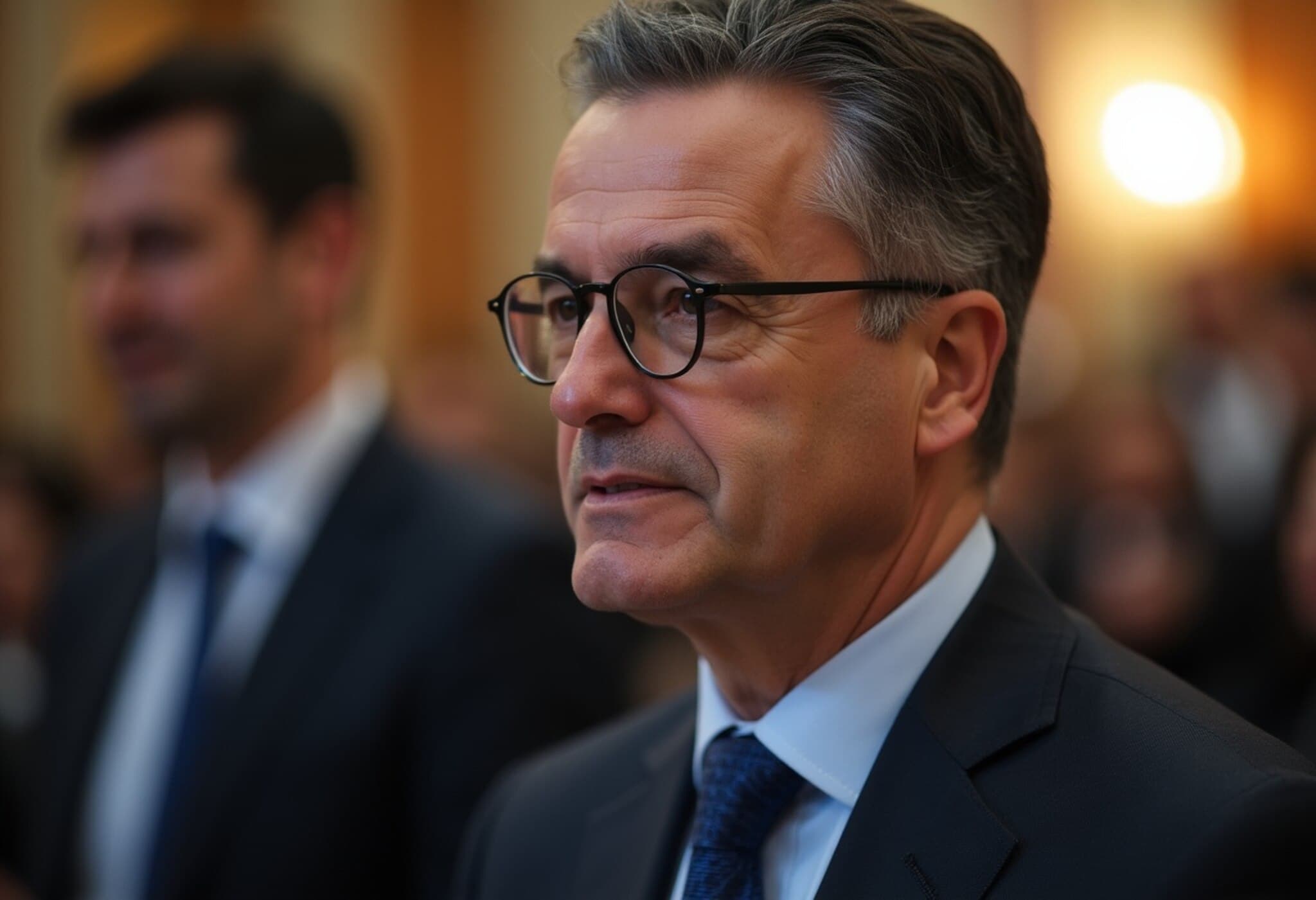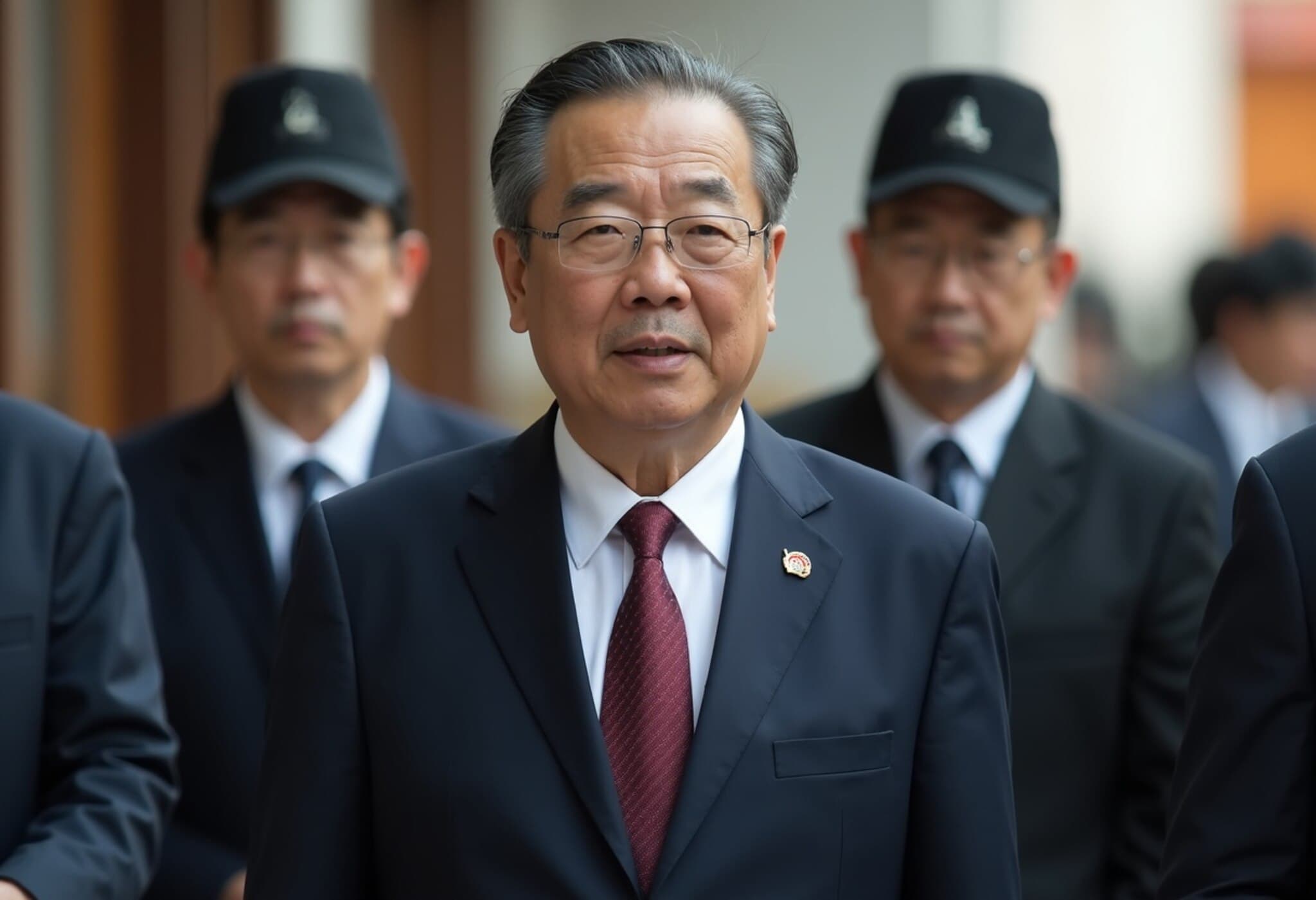New Challenge for Spanish Prime Minister Amidst Political Turmoil
As Spanish Prime Minister Pedro Sánchez grapples with an escalating series of scandals shaking his administration, a fresh blow has emerged within his own party. Francisco Salazar, a senior official in the ruling Spanish Socialist Workers’ Party (PSOE) who managed institutional coordination at the Moncloa Palace, has resigned following accusations of sexual harassment by multiple female party employees.
Details of the Allegations and Resignation
The allegations surfaced publicly after the influential Spanish online newspaper, El Diario, published testimonies from several women alleging inappropriate conduct by Salazar. This revelation added another layer of complexity to Sánchez’s efforts to stabilize his government ahead of a crucial weekend federal committee meeting for PSOE.
Salazar, who also recently held the post of deputy in the party’s organisational secretariat, responded to these charges with apparent confusion. In an interview, he stated, “I keep wondering if I’ve said something inappropriate to a workmate, and the truth is, I can’t find [an example].” Despite his denial and uncertain response, he chose to step down promptly to preserve party integrity.
Political Context: A Government Under Siege
This incident compounds the intense pressure on Sánchez’s leadership, already strained by ongoing corruption investigations implicating top party figures. Just days before Salazar’s resignation, Santos Cerdán, a close ally of Sánchez and the PSOE’s organisational secretary, was detained over allegations of accepting kickbacks on public contracts — a scandal that rattled Spain’s political landscape further.
Prime Minister’s Response: Accountability Amid Crisis
In light of these developments, Prime Minister Sánchez issued a public apology, acknowledging his misplaced trust in individuals who have now faced serious allegations: “I was wrong to place my trust in people who didn’t deserve it, but we won’t fall short in a time of democratic regeneration.” His metaphorical assertion that “The captain doesn’t shirk his responsibility when the sea gets rough” underscores his refusal to resign despite calls from opposition parties and political commentators to call for snap elections.
Media and Public Reaction
The Spanish media and civil society have reacted with mixed emotions. While some praise Sánchez’s accountability stance, others criticize what they see as a pattern of tolerance for misconduct within PSOE’s upper ranks. This episode raises critical questions about the efficacy of internal party mechanisms for addressing workplace harassment, transparency, and the broader implications for women’s rights in Spanish politics.
Unseen Narratives and Broader Implications
- Underreported Voices: The women who have come forward represent a marginalized perspective often overlooked in political scandal coverage. Their courage spotlights ongoing issues of gender-based harassment within political institutions.
- Systemic Challenges: The PSOE’s handling of this crisis could serve as a litmus test for how political parties across Europe address harassment allegations internally.
- Impact on Democratic Trust: The accumulation of scandals threatens not only Sánchez's premiership but also risks eroding public confidence in Spanish democracy.
Looking Ahead: Navigating Rough Waters
As Sánchez prepares for upcoming party meetings and potential parliamentary debates, the pressure mounts to enact concrete reforms. Political analysts suggest that beyond damage control, this juncture provides an opportunity for deep introspection within PSOE to rebuild trust through structural changes — including transparent complaint procedures and stringent safeguards against harassment.
Expert Insight
Political commentator Dr. María Fernández notes, “Sánchez’s predicament highlights a broader European challenge where political institutions must reconcile maintaining leadership stability with upholding ethical standards. Handling such allegations decisively can strengthen democratic processes, while failure risks fostering cynicism among citizens.”
Editor’s Note
This unfolding saga offers a compelling glimpse into the intersection of political power, accountability, and gender dynamics in modern Spain. Readers should watch how these developments influence upcoming electoral cycles and whether PSOE can demonstrate leadership that not only governs but also safeguards dignity and equity within its ranks. The question remains: will these crises catalyze meaningful reform, or further entrench patterns of impunity?
















